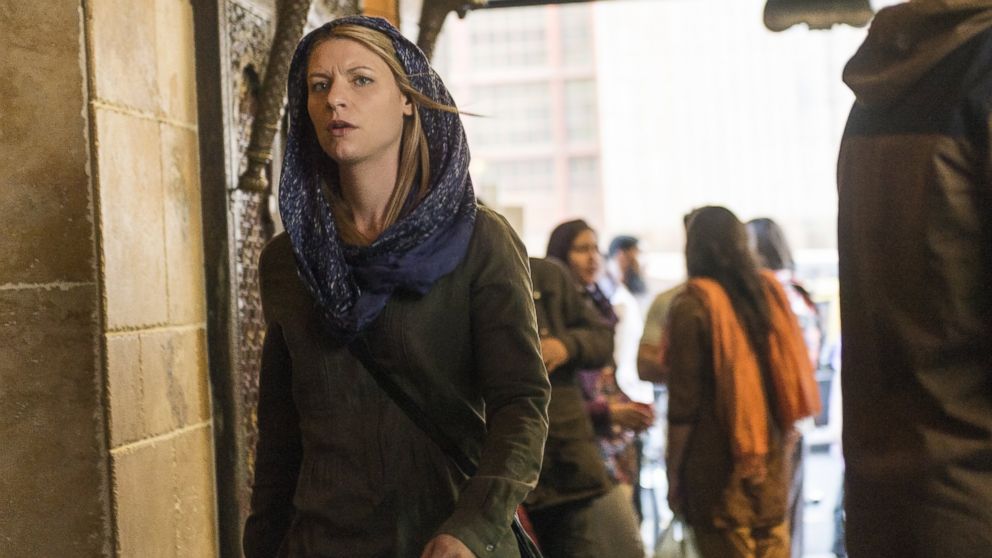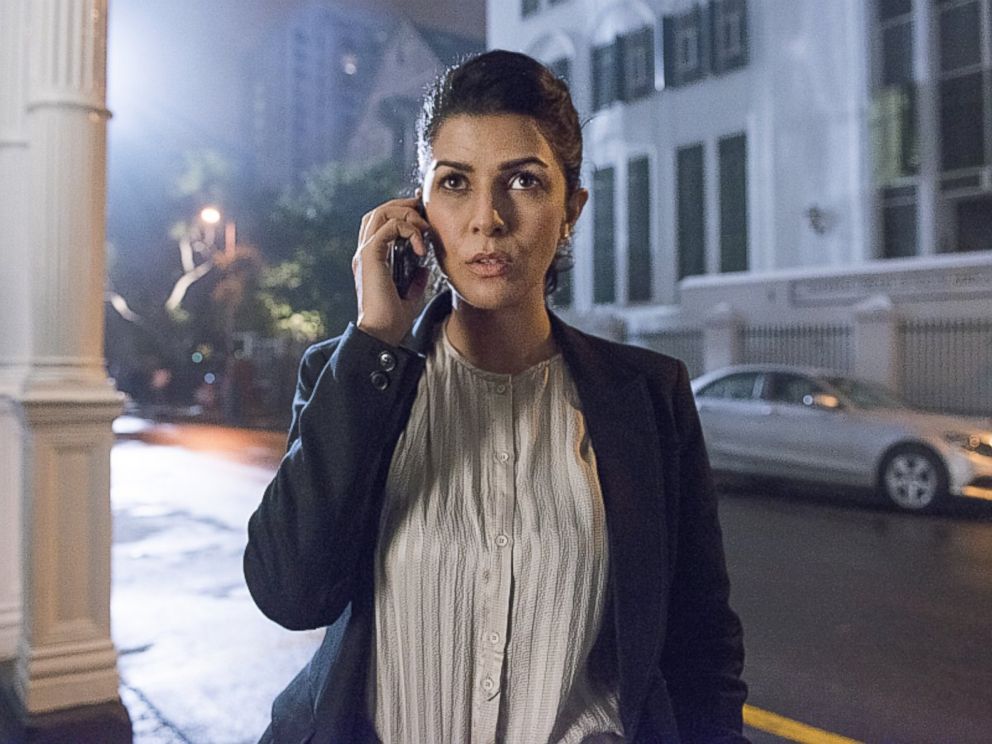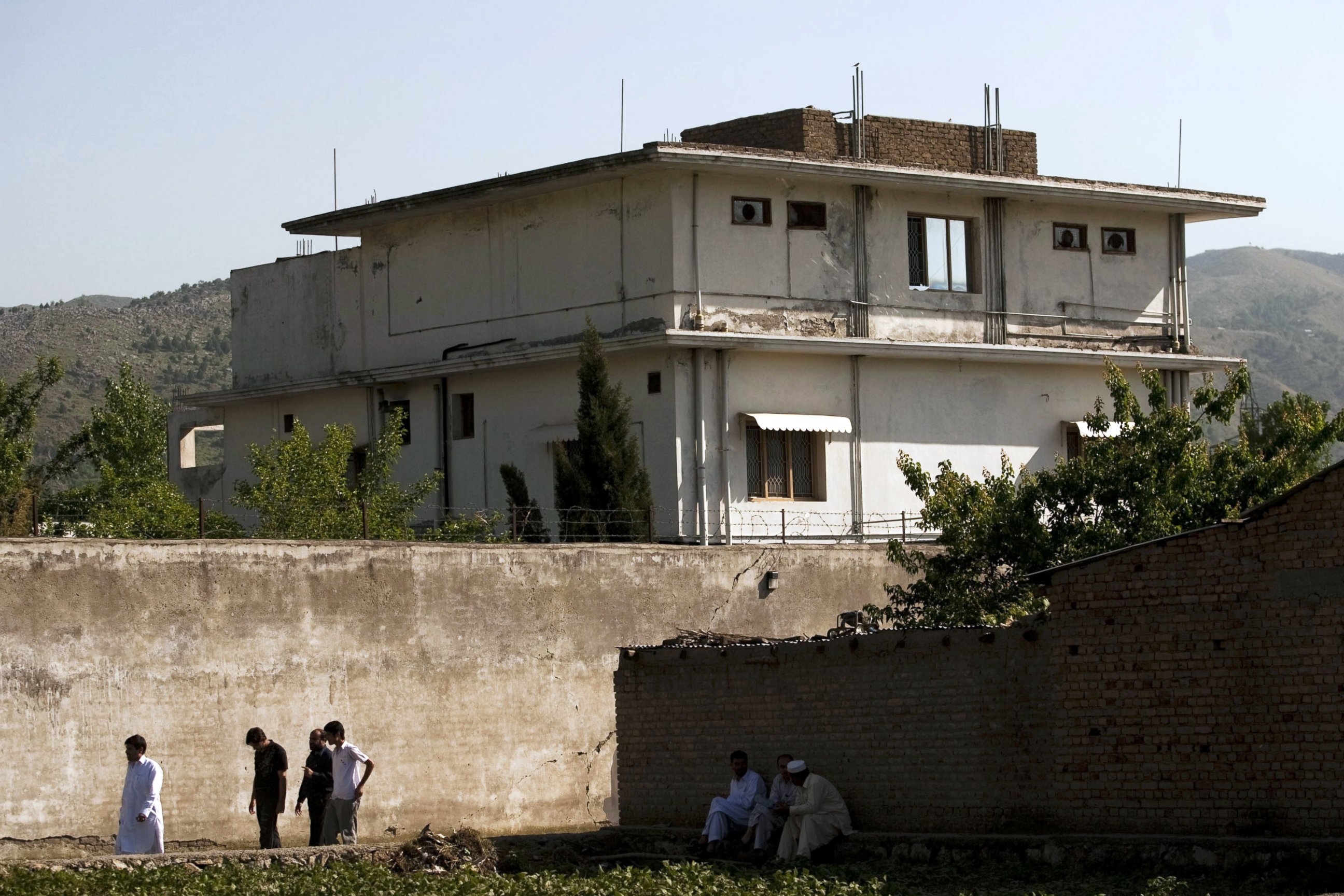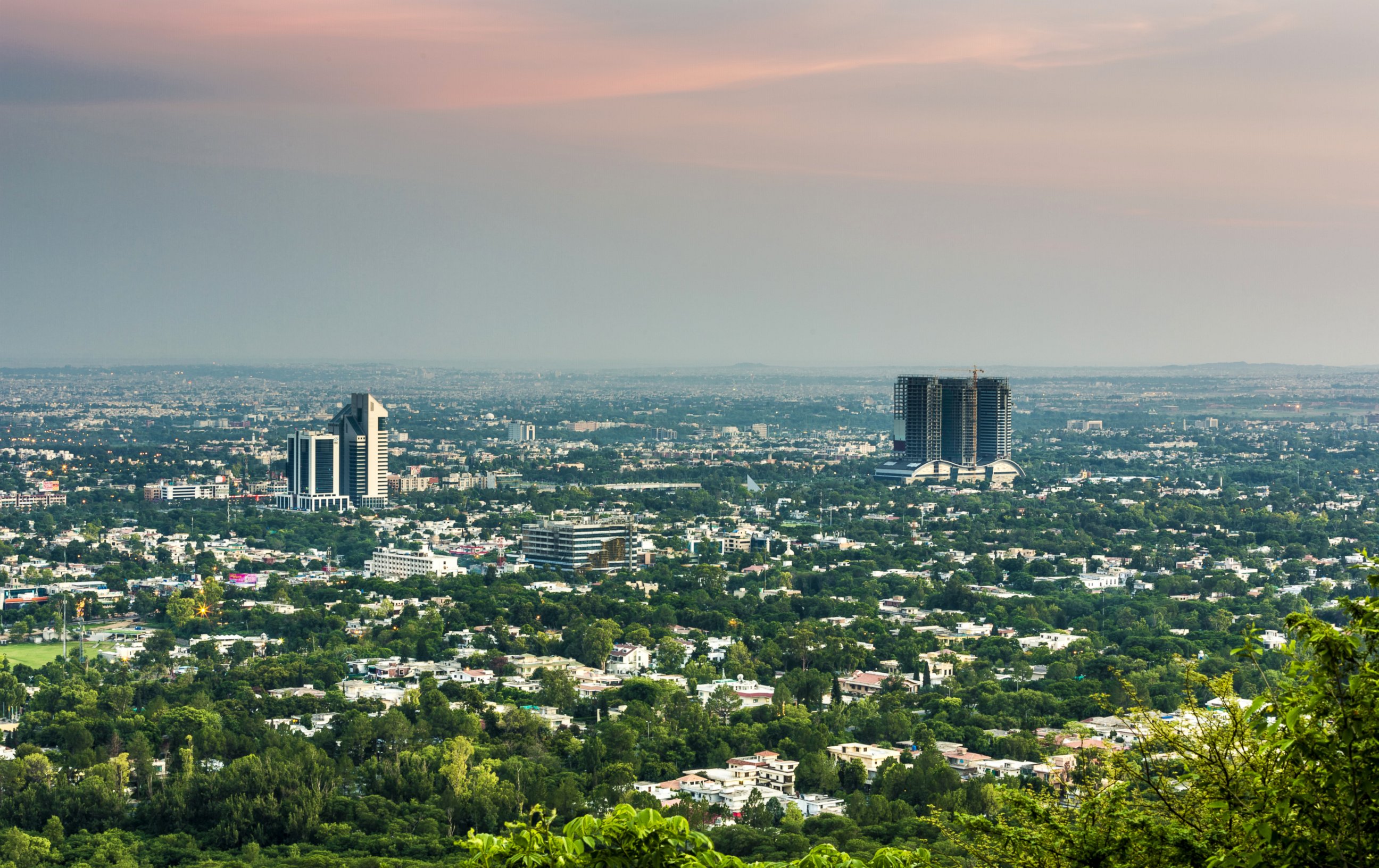Department of 'Homeland' Controversy: Pakistan and Terrorism
Southwest Asian nation complains about portrayal, but how far off is "Homeland"?

NEW YORK — -- Pakistani officials recently lashed out at the Showtime series "Homeland" for its portrayal of the Southwest Asian nation as a friend to terrorist groups, among other complaints, but according to former U.S. officials and Pakistan experts, it could be a case of a fictional show hitting just a little too close to home.
Last week the press attache for Pakistan's embassy in Washington released a statement saying it was "very unfortunate that the underlying theme of 'Homeland' Season 4 is designed to create a negative perception of both the U.S. and Pakistan."
“The show projects and reinforces stereotypes about the U.S. and Pakistan that do not serve the best interests of our two peoples and countries,” press attache Nadeem Hotiana said in a statement to The New York Post and provided to ABC News. "This is also an affront to the people and institutions in both countries who have invested a lot over the decades in blood and treasure in building this important and mutually beneficial relationship."
This season the espionage thriller, which wrapped up last Sunday, included a story line in which an agent of the Pakistani intelligence service, the ISI, appeared to repeatedly assist a local terrorist group, including in a deadly attack on the American Embassy in Islamabad.
“Insinuations that an intelligence agency of Pakistan is complicit in protecting the terrorists at the expense of innocent Pakistani civilians is not only absurd but also an insult to the ultimate sacrifices of the thousands of Pakistani security personnel in the war against terrorism," Hotiana said.

But in recent years, the "insult" of tying the Pakistani government, intelligence agencies or armed forces to terror groups was hardly "absurd" to top U.S. military and intelligence officials.
In September 2011, then-Chairman of the Joint Chiefs Adm. Mike Mullen told a Congressional committee that the real-life ISI was "exporting violence" by aiding the militant group the Haqqani network -- which is the same name used by the leader of the terror group in "Homeland" -- after an attack on the U.S. embassy in Kabul, Afghanistan. More than a dozen people were killed in that day's assault.
"In choosing to use violent extremism as an instrument of policy, the government of Pakistan and most especially the Pakistani army and ISI jeopardizes not only the prospect of our strategic partnership, but Pakistan's opportunity to be a respected nation with legitimate regional influence," Mullen said.
He went further, calling the Haqqanis a “veritable arm” of the ISI.
Top Pakistani officials vehemently rejected the accusations at the time, but while then-White House spokesperson Jay Carney told reporters days later that Mullen had used language he probably would not have, "I think the fact that there are links between – that exist between the Pakistani government and the Haqqani network – the nature of those I think can be assessed and is complicated, but there is no question that they have safe havens in Pakistan... and that Pakistan has not taken action to eliminate those safe havens."
Just four months prior to Mullen's statement, America's most wanted terrorist, Osama bin Laden, was killed in his home in Abbottabad, Pakistan, less than a mile from a Pakistani military academy. Pakistani officials strongly denied they were aware the al Qaeda leader had been living there for the better part of a decade, but the operation to kill bin Laden further exposed the distrust between the two nations: for months the U.S. had made sure the Pakistani government was in the dark about the mission, fearful word could get back to the man responsible for the 9/11 attacks.

Three years before that, the ISI was implicated in the Mumbai massacre, in which more than 170 were killed, including six Americans, by another terror group. Again, Pakistan denied its intelligence agency was involved.
"The Pakistani military's relationship with these groups is very complicated," Arif Rafiq, a Pakistan specialist at the Middle East Institute, told ABC News. "It promotes some of these groups and combats some of these groups at the same time."
To Ret. Col. Steve Ganyard, former Deputy Assistant Secretary of State and an ABC News consultant, Pakistan isn't uncomfortable with “Homeland” because it’s misrepresenting the country’s links to terrorism, but because “it is far closer to reality than fiction.”
“Given the lucrative, one-sided relationship the government of Pakistan enjoys with the U.S., its discomfort with the accuracy of the [‘Homeland’] portrayal is understandable,” he said.
Pakistan has received approximately $8.5 billion since 2009 in civilian and security assistance, in addition to $11 billion of Defense Department funds since 2002, according to the State Department's most recent Country Reports on Terrorism, despite the State Department accusing Pakistan in that same report of having not taken “significant military or law enforcement action” against the Taliban and other militant groups.
In recent months, however, the Pakistani military has launched major operations against militant groups in Pakistan's volatile northwest, near the Afghan border. Those efforts sparked a barbaric revenge attack in which the Pakistani Taliban assaulted a school in Peshawar, killing more than 130 children, many of whom were the children of Pakistani soldiers.
This fresh tragedy and the recent push by the military to expel terrorist groups from the country's northwest left the nation more sensitive to suggestions, like in "Homeland", that it sympathizes with terrorists, according to Bina Shah, a Pakistani writer and columnist.
“We’re already raw and bleeding from the loss of life in Peshawar and the 50,000 who died before them in this war,” Shah told ABC News. “The Peshawar attack has deeply wounded the national psyche and blown the lid off the simmering problem of extremism and militancy.”
And according to the Middle East Institute’s Rafiq, for many Pakistanis and Pakistani-Americans, objections to the “Homeland” depiction of Pakistan were related not to terrorism, but to what some saw as racial and religious stereotypes and inaccurate depictions of the country itself. Likewise, in his statement, press attache Hotiana said, "A little research would have gone a long way in correctly portraying the culture, language, people and landscape of the city/country," referring to the "Homeland" depiction of Islamabad.
“What they’re dissatisfied with is the caricature, that their safest, most antiseptic city [Islamabad] is portrayed as a dangerous backwater,” Rafiq told ABC News. “I don’t think that anybody is going to deny that Pakistan is home to a significant amount of militants. But to show Islamabad that way -- women are not out there in burqas.”
Islamabad is a relatively quiet planned city in Pakistan's north surrounded by green hills and home to a heavy security presence. Bunkers and checkpoints line most of the highways entering and exiting the city, and foreign embassies are segregated from the rest of the capital in the posh Diplomatic Enclave, close to trendy cafes and boutiques. The population of the city also tends to be more liberal than many other areas of Pakistan.

Season four of “Homeland” was filmed primarily in Cape Town, South Africa, and Shah pointed out that none of the major actors playing Pakistanis were Pakistani themselves.
In a sarcasm-soaked column in October when the show premiered, Pakistani comedian Shehzad Ghias lambasted the show’s portrayal of Pakistan and Pakistanis.
"The Indian and American actors deployed to play Pakistanis seamlessly delivered their lines in Urdu with the authenticity of Siri telling me it loves me on my iPhone,” he wrote for the Pakistani news outlet Dawn. “[‘Homeland’] could even show the American saviours helping the native population by barging into schools and shutting them down. For western readers, who may not be aware, all schools in Pakistan are obviously suicide bombing training institutes.”
Shah said that while the show is fiction, “it increases the paranoia for most Americans that any Pakistani or any Muslim could be this ticking time bomb.”
“People look to these shows for entertainment, but they do shape people’s perceptions of other countries,” Rafiq told ABC News. As for the frustration expressed by Pakistani commentators and by the Embassy’s statement, he said, “It’s a human reaction to wanting their city, their society, presented in an accurate and humanizing way.”
Showtime, which broadcasts “Homeland,” declined to comment for this report, as did the U.S. State Department.
Days after ABC News' initial inquiry, Hotiana sent an ABC News reporter a holiday card over email.
"Wishing you all and your loved ones peace, prosperity and a joyous year ahead," it reads. "Happy New Year!"




